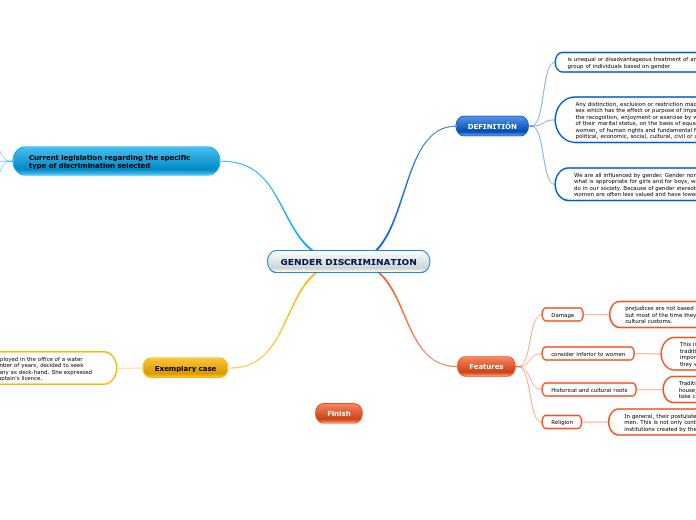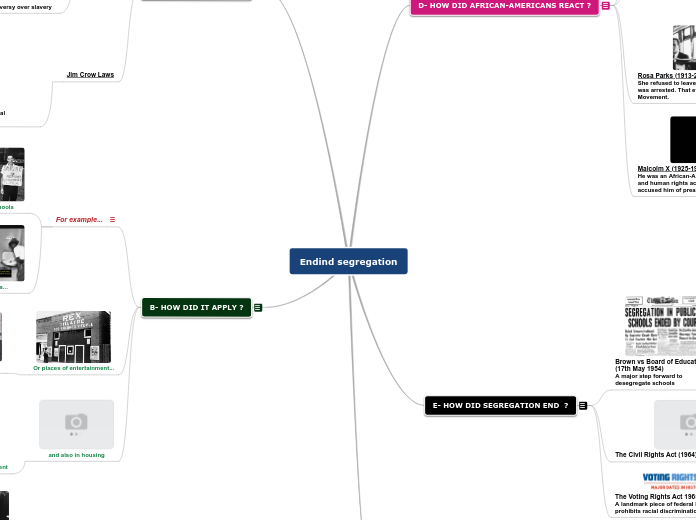Causes and Reasons of Independence Movements from the Spanish Empire:
Causes and Reasons of Independence Movements from the Spanish Empire:
1. Economic Factors:
1.1. Exploitation and Mercantilist Policies:
- Spanish Empire's economic policies favored the mother country, leading to economic exploitation of colonies.
- Strict regulations and trade restrictions limited economic growth and development in the colonies.
1.2. Burden of Taxes and Tribute:
- High taxes and tribute payments imposed by the Spanish Empire placed a heavy financial burden on the colonies.
- These economic pressures fueled discontent and resistance among the colonists.
2. Social Factors:
2.1. Social Hierarchies and Discrimination:
- Spanish colonial society was structured hierarchically, with Spaniards holding superior positions and privileges.
- Indigenous populations and people of mixed race faced discrimination and limited opportunities.
2.2. Enlightenment Ideas and Social Movements:
- Enlightenment ideas of equality and individual rights influenced educated elites in the colonies.
- Social movements advocating for greater social justice and representation emerged, challenging the existing social order.
3. Political Factors:
3.1. Lack of Political Representation:
- Colonies had limited or no representation in Spanish political institutions, leading to a sense of exclusion.
- Decisions made in Spain often disregarded the interests and needs of the colonies.
3.2. Centralization of Power:
- The Spanish Empire maintained centralized control over its colonies, limiting local autonomy and self-governance.
- This concentration of power created a power imbalance and fostered resentment among colonists.
4. Cultural Factors:
4.1. Cultural Suppression and Assimilation:
- The Spanish Empire sought to impose its language, religion, and cultural norms on the colonies.
- This cultural suppression and assimilation efforts sparked resistance and a desire for cultural autonomy.
4.2. National Identity and Pride:
- Over time, a sense of distinct national identity and pride developed among the inhabitants of the colonies.
- This sense of identity strengthened the desire for self-rule and independence from the Spanish Empire.
5. Influence of External Events:
5.1. American and French Revolutions:
- The successful American and French Revolutions inspired colonists to seek political change and freedom.
- These revolutionary movements served as models for independence movements in the Spanish colonies.
5.2. Weakened Spanish Empire:
- The decline of the Spanish Empire due to external conflicts and economic difficulties weakened its control over the colonies.
- This weakened state provided an opportunity for independence movements to gain momentum.
6. Regional and Local Grievances:
6.1. Regional Disparities:
- Regional disparities in economic development and access to resources created grievances among different regions.
- Some regions felt marginalized and neglected by the Spanish Empire, strengthening their desire for independence.
6.2. Local Leadership and Movements:
- Local leaders and movements emerged, advocating for independence and rallying support among the population.
- These local initiatives played a crucial role in organizing and mobilizing the independence movements.
7. Military and Armed Conflict:
7.1. Armed Resistance and Rebellion:
- Frustration and discontent with Spanish rule led to armed resistance and rebellions in various colonies.
- These armed conflicts were instrumental in achieving independence for some colonies.
Military and Armed Conflict
Armed Resistance and Rebellion
These armed conflicts were instrumental in achieving independence for some colonies
Frustration and discontent with Spanish rule led to armed resistance and rebellions in various colonies
Regional and Local Grievances
Local Leadership and Movements
These local initiatives played a crucial role in organizing and mobilizing the independence movements
Local leaders and movements emerged
advocating for independence and rallying support among the population
Regional Disparities
Some regions felt marginalized and neglected by the Spanish Empire
strengthening their desire for independence
Regional disparities in economic development and access to resources created grievances among different regions
Influence of External Events
Weakened Spanish Empire
This weakened state provided an opportunity for independence movements to gain momentum
The decline of the Spanish Empire due to external conflicts and economic difficulties weakened its control over the colonies
American and French Revolutions
These revolutionary movements served as models for independence movements in the Spanish colonies
The successful American and French Revolutions inspired colonists to seek political change and freedom
Cultural Factors
National Identity and Pride
This sense of identity strengthened the desire for self-rule and independence from the Spanish Empire
Over time
a sense of distinct national identity and pride developed among the inhabitants of the colonies
Cultural Suppression and Assimilation
This cultural suppression and assimilation efforts sparked resistance and a desire for cultural autonomy
The Spanish Empire sought to impose its language
and cultural norms on the colonies
religion
Political Factors
Centralization of Power
This concentration of power created a power imbalance and fostered resentment among colonists
The Spanish Empire maintained centralized control over its colonies
limiting local autonomy and self-governance
Lack of Political Representation
Decisions made in Spain often disregarded the interests and needs of the colonies
Colonies had limited or no representation in Spanish political institutions
leading to a sense of exclusion
Social Factors
Enlightenment Ideas and Social Movements
Social movements advocating for greater social justice and representation emerged
challenging the existing social order
Enlightenment ideas of equality and individual rights influenced educated elites in the colonies
Social Hierarchies and Discrimination
Indigenous populations and people of mixed race faced discrimination and limited opportunities
Spanish colonial society was structured hierarchically
with Spaniards holding superior positions and privileges
Economic Factors
Burden of Taxes and Tribute
These economic pressures fueled discontent and resistance among the colonists
High taxes and tribute payments imposed by the Spanish Empire placed a heavy financial burden on the colonies
Exploitation and Mercantilist Policies
Strict regulations and trade restrictions limited economic growth and development in the colonies
Spanish Empire's economic policies favored the mother country
leading to economic exploitation of colonies









